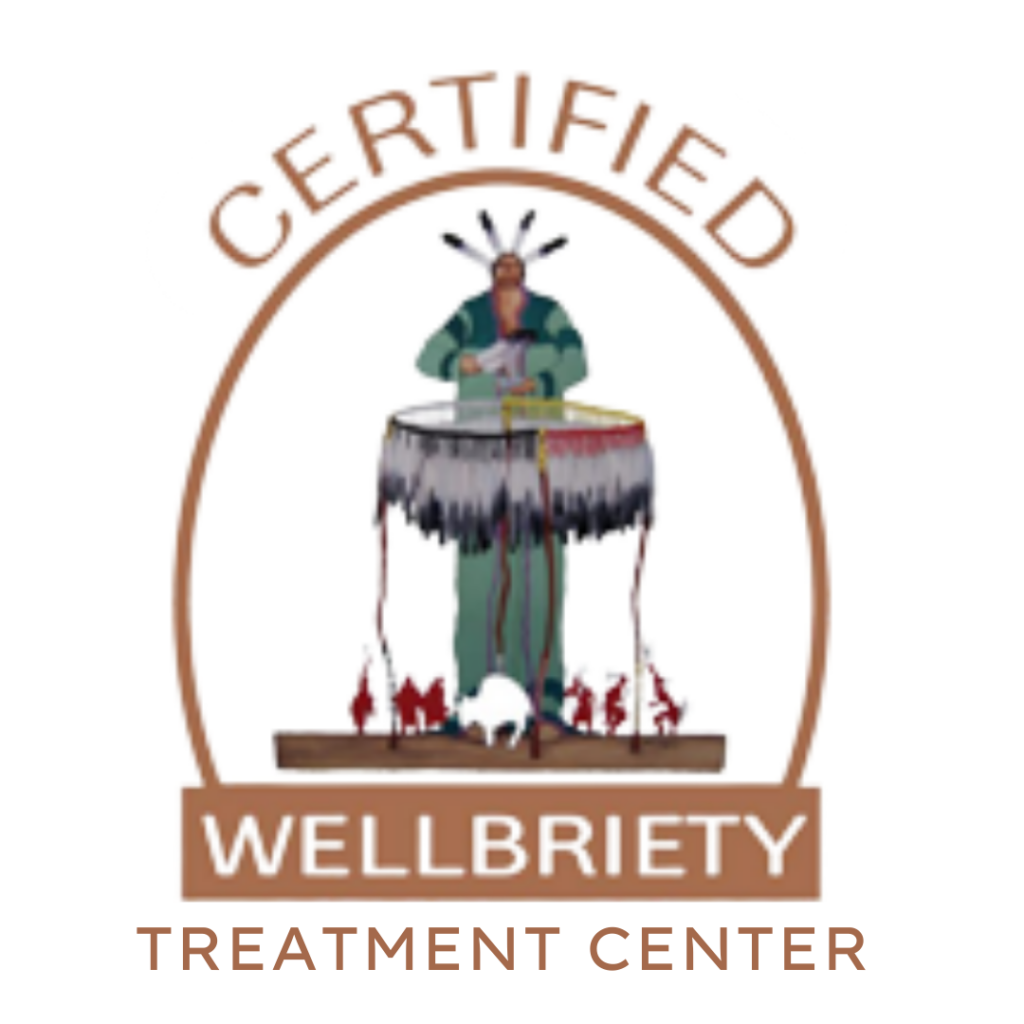Managing your mental health is essential, especially in recovery from substance use disorder. Depression and anxiety often co-occur with addiction, and one can affect the other, so it’s important that you are paying attention to how you feel and how you act (or don’t act) on these feelings. Mental wellness is much more that abstaining from substances; it’s about understanding how you feel and knowing how to deal with your emotions.
There are a few actions you can take and habits you can get into that will help you manage your mental health in recovery.
Talk to someone
Have at least one person whom you trust that you can reach out to when you need to talk or when something is bothering you. It’s important to not repress your feelings and telling someone about them can help relieve some of your emotional strain.
Be weary of triggers
Be on your guard for people or places that could trigger you. If your roommate is talking about using and it seems like they might relapse, avoid them as best you can and/or tell someone else who may be able to help or give you advice about what to do.
Learn to manage your stress
Having healthy coping mechanisms in place is an essential part of managing your mental health, and stress management is one component of this. Letting stress build up can quickly make things seem unmanageable, which can lead to poor decision-making. Have a plan in place to keep your stress under control, whether you talk to a trusted friend, write in a journal, go for a run, or just take some quiet time to spend with your thoughts.
Practice positivity and gratitude
It can be difficult to stay positive in recovery, especially after a relapse, but letting yourself fall into a pit of negative emotions will just make you feel worse and may make you more likely to relapse. Take things one day at a time, and focus on the small positives of each day. One positive to focus on? You are sober. Whether you’ve been sober for one week or four months, you are sober.
You can also regularly make a list of the things that you are grateful for and reflect on it throughout the day as a reminder to encourage you and put things into perspective.
Don’t let things get stale
It’s important to stick to a schedule in recovery, especially early recovery, but changing up your routine in some small way can help you to break up a monotonous week. Change your jogging route, try a restaurant you’ve been wanting to try, or make impromptu plans with a friend for after work. Keeping things consistent, but interesting, gives you the means you need to build a foundation for lasting sobriety.
Don’t be afraid to ask for help
Asking for help is in no way a sign of weakness and does not make you a burden to others. When you start to feel the pressure and aren’t sure how to handle it, reach out. Your sponsor is there to support you and wants to help you. Your support network is your support network for a reason. Do not hesitate to ask for help when you feel that you need it.
If you are ready to begin your recovery journey, we hope you’ll consider making Royal Life Centers at the Haven a part of it. We are a full-service medical detox and treat dependence on alcohol, benzodiazepines, cocaine, methamphetamine, and opioids. Please reach out to us at (877)-RECOVERY to learn more about our detox program and our holistic approach to addiction treatment.
























